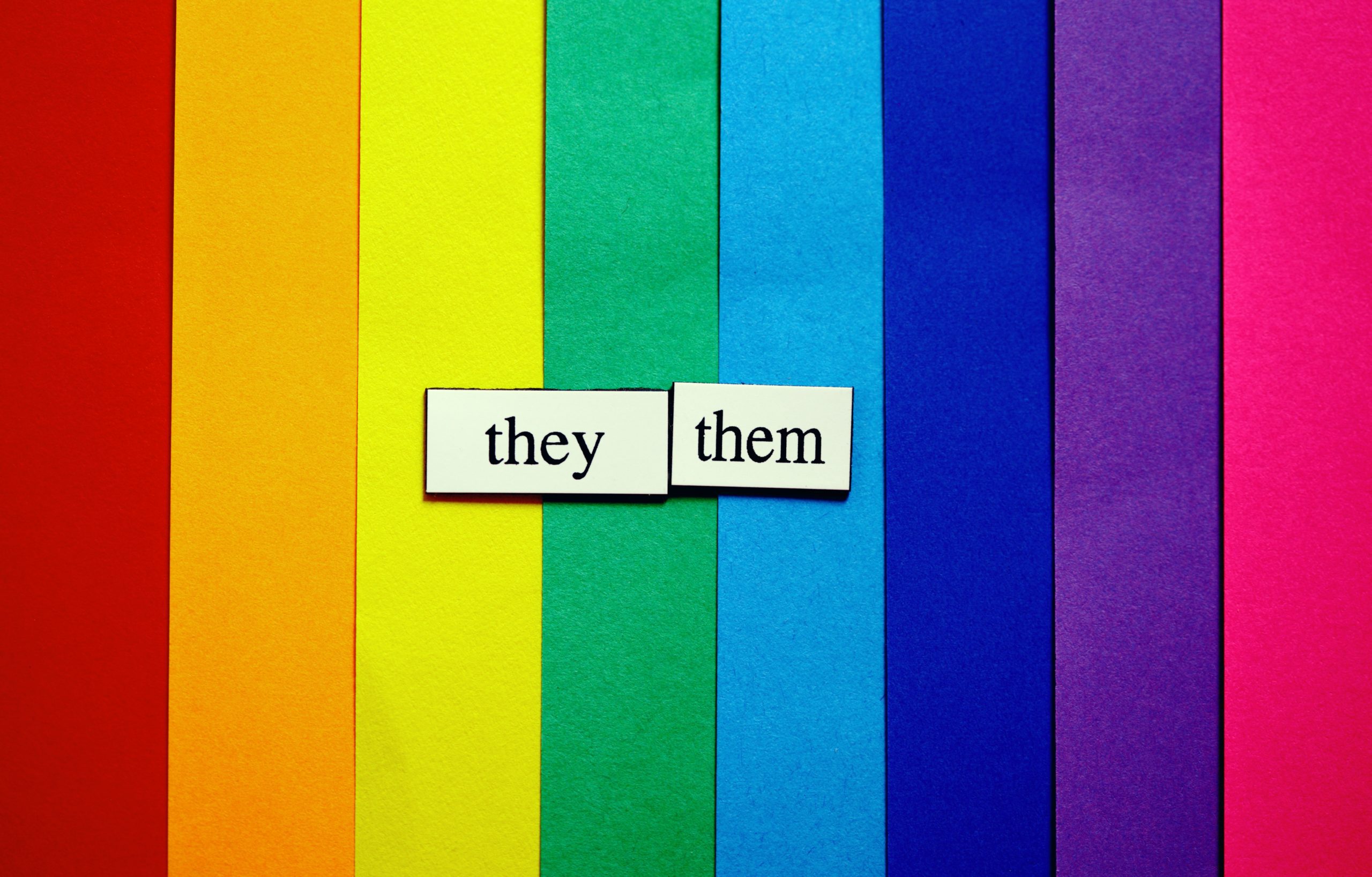Studies indicate that individuals within the LGBTQ+ community are more likely to struggle with substance use disorders than their heterosexual and cisgender counterparts. Multiple factors contribute to this disparity, but it’s important to remember that there’s always hope for recovery. Access to evidence-based treatment can help members of the LGBTQ+ community address the underlying causes of substance abuse and develop a wellness-focused lifestyle that lets them embrace who they are without the burden of addiction.
What the Statistics Say
According to the 2020 National Survey on Drug Use and Health (NSDUH), adults who describe themselves as lesbian, gay, or bisexual have significantly higher rates of substance use or abuse. The study found:
- 21.8% met the criteria for an alcohol use disorder
- 6.7% misused opioids
- 41.3% used marijuana
In comparison, the survey revealed the following substance use and abuse rates for the heterosexual adult population:
- 11% met the criteria for an alcohol use disorder
- 3.6% misused opioids
- 18.7% used marijuana
Factors That Contribute to Substance Use Disorders in the LGBTQ+ Community
No two people with substance use disorders are exactly alike, so it’s important to avoid generalizations when discussing substance abuse among people who identify as lesbian, gay, bisexual, transgender, or questioning. However, there are a few factors that should be considered when identifying treatment options:
- Discrimination and prejudice. The discrimination and prejudice often experienced by LGBTQ+ individuals can lead to heightened stress levels. Family rejection, bullying, fears of physical violence, and societal prejudice can all contribute to an increased risk of substance abuse as a coping mechanism.
- Internalized stigma and shame. Growing up in a society that has historically marginalized sexual and gender minorities can lead to internalized stigma and shame among LGBTQ+ individuals. Individuals who are struggling with self-loathing may turn to substances as a way to escape or cope with these negative feelings. The stigma surrounding addiction further complicates the situation.
- Co-occurring mental health disorders. LGBTQ+ individuals face higher rates of mental health disorders such as depression, anxiety, body dysmorphia, and post-traumatic stress disorder (PTSD). People who struggle with their mental health often self-medicate with substances to alleviate emotional pain or trauma.
- Barriers to healthcare access. Effective healthcare requires that your provider listen to your unique needs. Limited access to culturally competent healthcare providers and negative experiences within healthcare settings can deter LGBTQ+ individuals from seeking appropriate medical care, including treatment for substance use disorders. People in rural communities often have the most difficulty accessing care, but barriers can exist even in larger urban areas.
- Club culture. The LGBTQ+ community has historically found solace and camaraderie in bars, clubs, and party scenes. These spaces offer a sense of belonging and community, but they can also have the unintended effect of normalizing substance use. In people with other vulnerabilities, this can increase the risk of developing an addiction.
The Benefits of a Multifaceted Treatment Approach
A multifaceted approach is required to tackle substance use disorders within the LGBTQ+ community effectively. Waypoint Recovery Center offers:
- A safe and supportive environment. Our South Carolina residential addiction treatment center is committed to welcoming clients from many different backgrounds. We provide 24/7 supervision and a serene setting where individuals can begin their recovery without the triggers of the outside world.
- Personalized care. Each client receives an assessment examining their unique physical, mental, emotional, and spiritual needs. We then recommend programs tailored to support specific recovery goals, using a combination of evidence-based therapies such as individual counseling, group therapy, family therapy, and educational workshops.
- Multidisciplinary approach. We employ a multidisciplinary team of professionals, including counselors, therapists, doctors, nurses, and support staff. This team collaborates to provide holistic care, addressing addiction’s physical, psychological, and emotional aspects.
- Dual diagnosis treatment. For our clients with co-occurring mental health disorders, we provide dual diagnosis treatment to simultaneously address the addiction and underlying mental health issues. This integrated approach helps clients achieve better overall outcomes as they work toward developing coping skills, gaining insights into their addiction, and learning healthier ways to manage stress and triggers.
- Peer support. Access to a strong support system is a crucial part of recovery, but people who identify as LGBTQ+ may be more reliant on a “chosen family” if they’ve experienced homophobia or transphobia after coming out. Our programs encourage the development of a sober support network by allowing opportunities to share experiences, challenges, and successes with others who support their desire to work towards a brighter future.
At Waypoint Recovery Center, we believe that recovery is possible for anyone who desires to lead a life free from the burden of addiction. Our clients come from many different backgrounds, but we are committed to providing each person who walks through our doors with the love and support they need to be the best possible version of themselves. Contact us today to get started.





